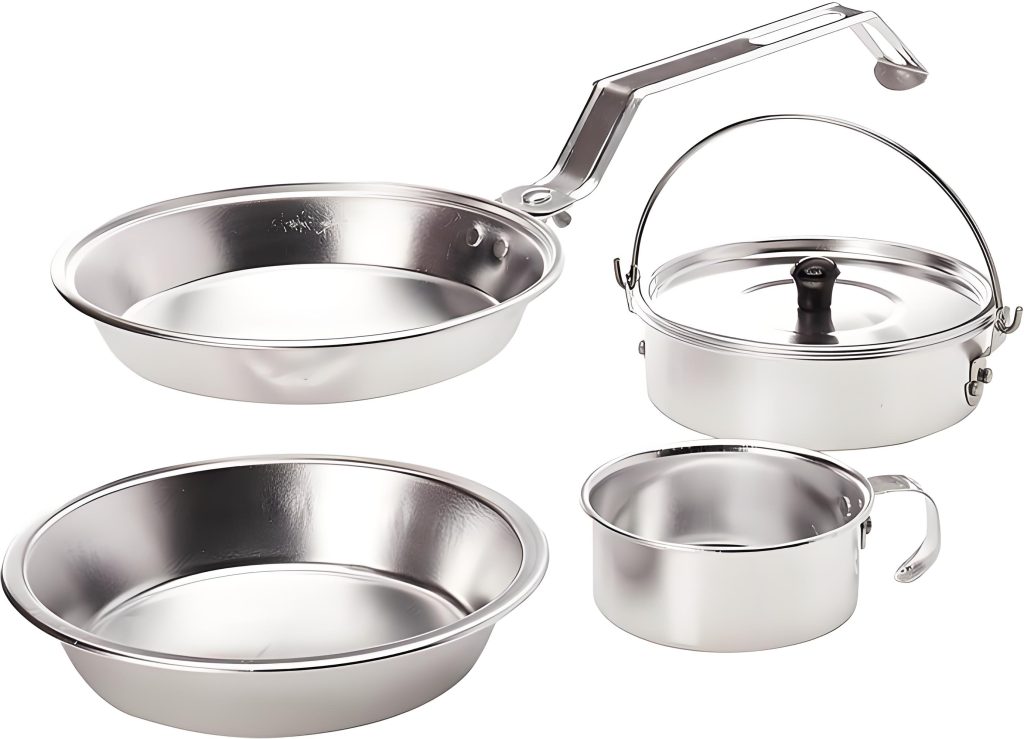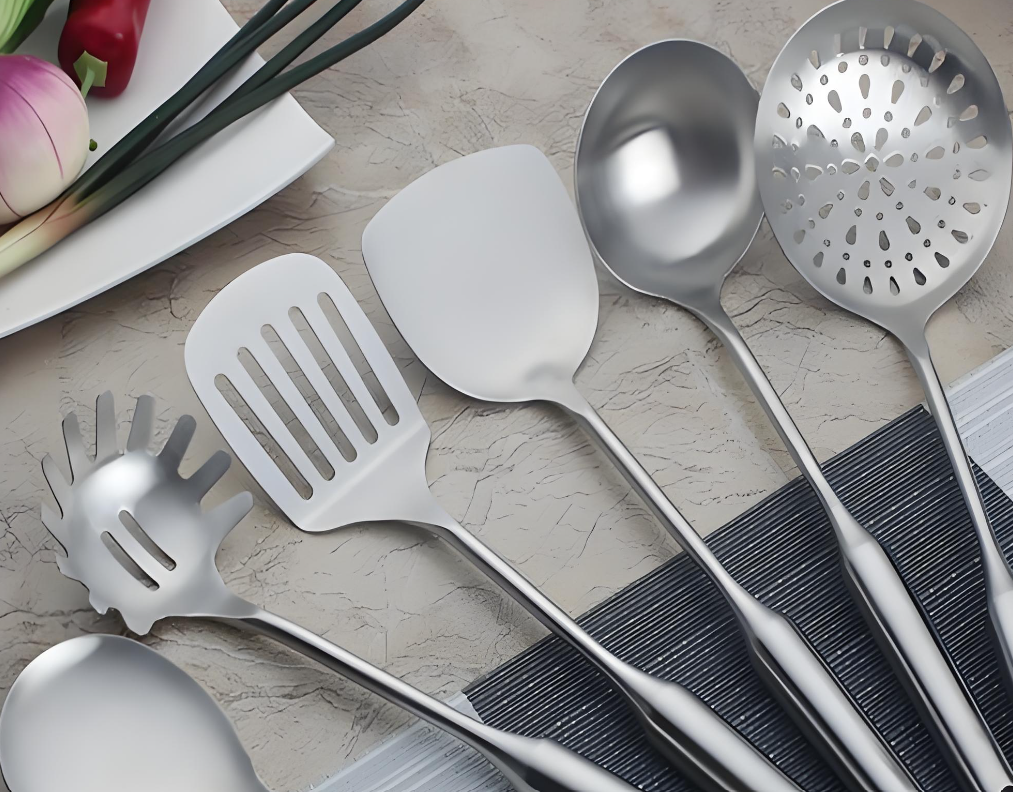Aluminum circles are a commonly used aluminum processing product, renowned for their excellent physical and chemical properties. These characteristics make aluminum circles a popular material in the manufacture of various cookware. Aluminum circles are lightweight, corrosion-resistant, and have excellent thermal conductivity and processability, making them ideal for creating a wide range of kitchen utensils.
Cookware Bottoms
One of the most common uses of aluminum circles is in the bottoms of cookware. Aluminum’s superior thermal conductivity allows it to distribute heat quickly and evenly, preventing food from burning due to localized overheating. Aluminum circles are widely used in the bottoms of frying pans, saucepans, stockpots, and pressure cookers. They can be used alone or combined with other materials like stainless steel through composite processes to create multi-layered cookware bottoms, enhancing the heating efficiency and longevity of the cookware.

Lids
Aluminum circles are also extensively used in the manufacture of cookware lids. Aluminum lids are lightweight and easy to handle, adding minimal extra weight to the cookware. Additionally, aluminum’s corrosion resistance ensures that the lids remain rust-free and maintain their appearance and functionality over time. Anodizing treatments can be applied to aluminum lids to create a protective oxide layer, improving their wear and corrosion resistance and providing a range of color and decorative options.
Baking Trays and Oven Trays
Baking trays and oven trays are essential tools in baking, and aluminum circles, due to their excellent thermal conductivity and lightweight nature, are widely used in their production. Aluminum baking trays and oven trays can quickly and evenly transfer heat, ensuring that food bakes uniformly for better results. The high plasticity of aluminum circles allows them to be easily processed into various shapes and sizes to meet different baking needs. Additionally, aluminum baking trays and oven trays are easy to clean and convenient to use, making them popular among home bakers and professional chefs alike.
Cake Molds and Pastry Molds
Aluminum circles are also used in the production of cake molds and pastry molds. Aluminum molds conduct heat quickly and evenly, ensuring that cakes and pastries bake uniformly for ideal results. Precision processing of aluminum circles results in smooth, non-stick surfaces, facilitating easy removal of baked goods and ensuring their integrity and appearance. Aluminum molds are durable, resistant to deformation, and can be reused multiple times, making them cost-effective choices for both home and commercial baking.
Kitchen Utensils such as Spatulas and Spoons
In addition to cookware and baking molds, aluminum circles are used to manufacture various kitchen utensils, including spatulas, spoons, and skimmers. These tools need to be lightweight, durable, and rust-resistant, which makes aluminum circles an ideal material. Aluminum kitchen utensils are comfortable to use, easy to handle, and are favored by both home cooks and professional chefs.

Conclusion
Aluminum circles, with their excellent thermal conductivity, lightweight, durability, and ease of processing, have found extensive applications in cookware manufacturing. From cookware bottoms and lids to baking trays, cake molds, and various kitchen utensils, aluminum circles cover almost all kitchenware needs. As technology advances and the demand for high-quality kitchenware increases, the applications of aluminum circles in cookware manufacturing are expected to expand, promising a bright market future.


